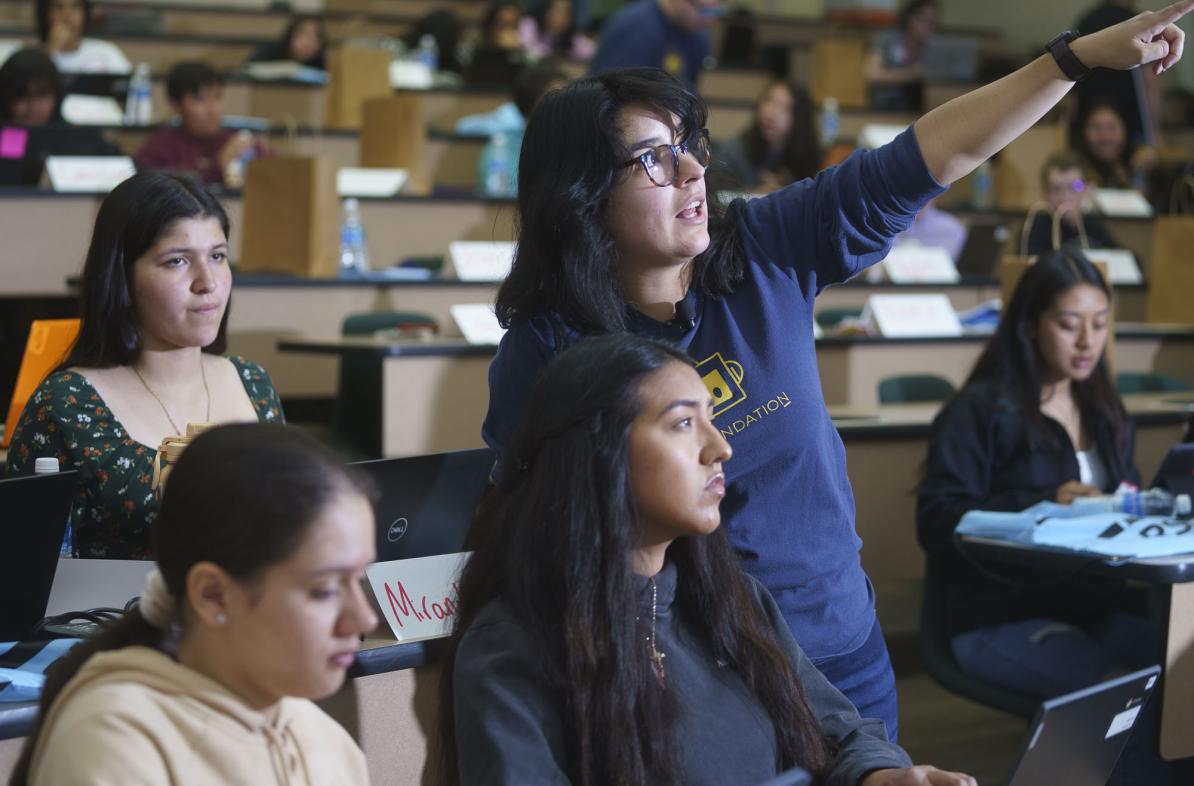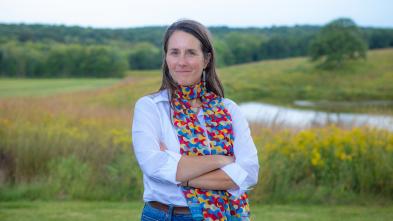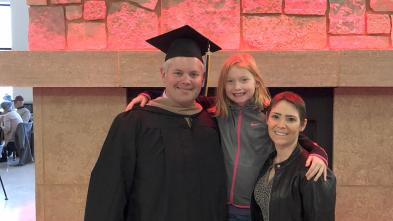If you don’t like something, like the situation you are in or the conditions your family lives in, you can do something about it. You are empowered, especially through technology to make it. The cool thing about coding and tech is it doesn’t matter if you’re in Eau Claire, Wisconsin, or in Singapore, the code is the same. It can be deployed to the internet in a matter of seconds no matter where you are in the world. You can rewrite your own rules if you want something different in your community, in your space, in your industry.





